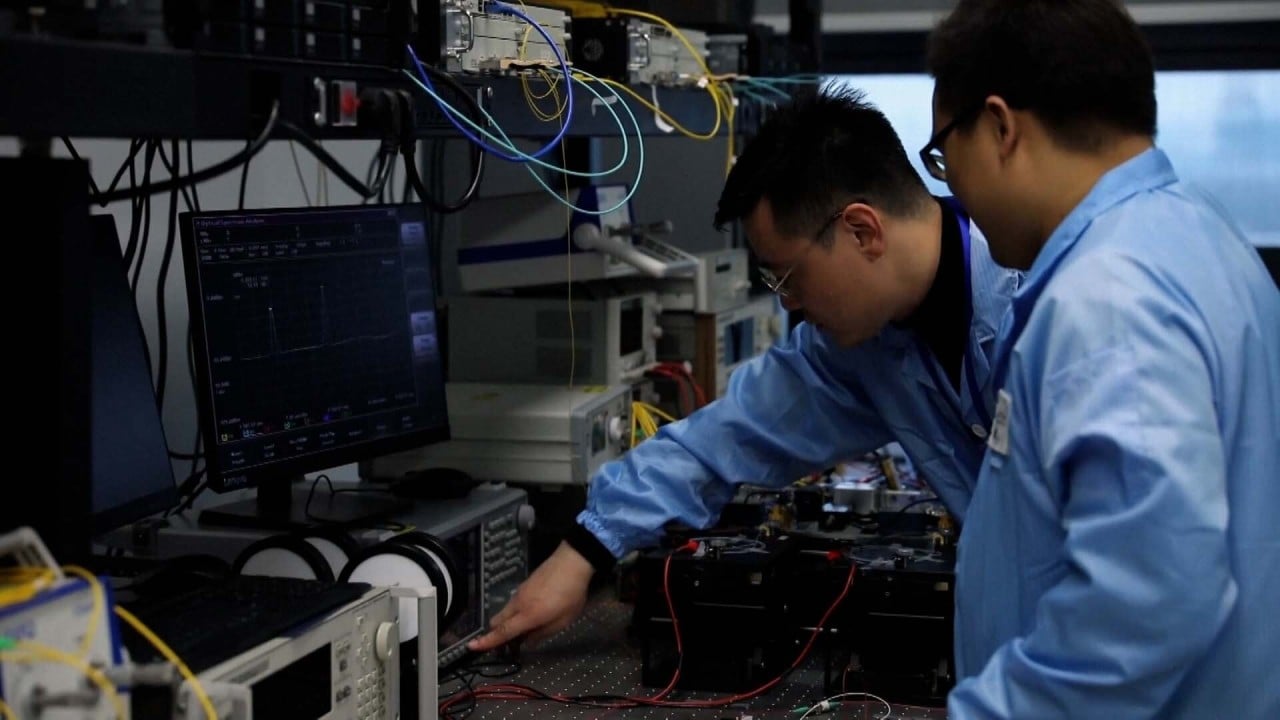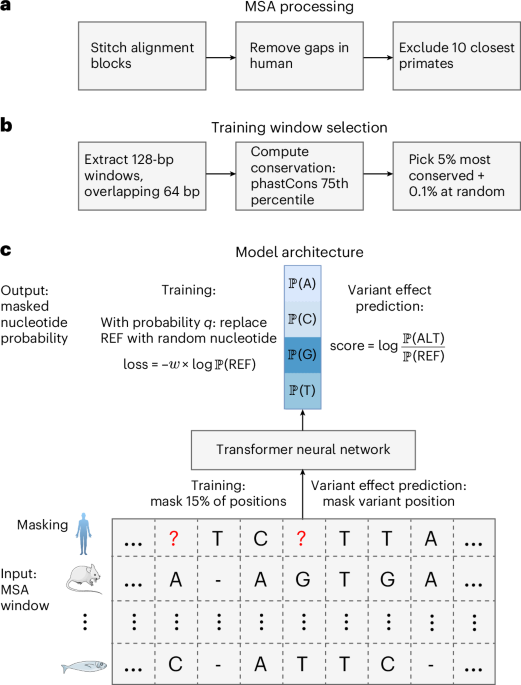Could China’s ‘intelligent’ 6G experiment signal the way to next-generation technology?

Technology tamfitronics
Could China’s ‘intelligent’ 6G experiment signal the way to next-generation technology?
The team from Beijing University of Posts and Telecommunications said they achieved the goal through “intelligent integration” in an experimental network described by state news agency Xinhua as a world first.
The network also achieved a remarkable tenfold improvement in key communication metrics, including capacity, coverage and efficiency, the report quoted the team as saying.
The International Telecommunication Union, an agency under the United Nations, says 6G could promote the growth of a range of advances, allowing communication to be immersive and connectivity universal.
But with existing communication technology reaching its theoretical bandwidth limit, there are a series of big problems that have to be overcome.
These include the difficulty of increasing capacity, the high cost of coverage, and high energy consumption.
The usual approach to overcoming these constraints is to stack more resources to increase the performance of a communication network. However, this also dramatically increases the complexity of the network.

01:44
China has built 6 times the number of 5G towers in 3 months than the US has installed in 2 years
China has built 6 times the number of 5G towers in 3 months than the US has installed in 2 years
Unveiling his team’s research at a conference in Beijing on Wednesday, university professor Zhang Ping said that to break new ground in the field, technology had to shift from “stacked innovation” to “disruptive innovation”.
In this case, the innovation was applying the emerging technology of “semantic communication”, an intelligent system that transmits meaning rather than just data. Researchers see potential for the technology to make transmission systems more efficient and cut the cost of information processing.
According to the Xinhua report, the experimental network by the Chinese team showed that semantic communication could achieve 6G transmission abilities on existing 4G infrastructure.
Zhang said the deep integration of communication and intelligence was “an important direction” in the evolution of communication technology.
Artificial intelligence would transform communication, and 6G would also promote the accelerated development of AI, he reportedly said at the conference organised by the China Institute of Communications.
“AI will improve the perception and semantic understanding of communication, while the ubiquitous communication of 6G will in turn extend the reach of artificial intelligence to all corners of all fields,” Zhang was quoted as saying.
“The integration of the two will accelerate the formation of new business forms of the digital economy.”

01:12
6G mobile transmission technology 10-20 times faster than 5G reached in Chinese lab
6G mobile transmission technology 10-20 times faster than 5G reached in Chinese lab
In February, the United States and nine other nations set out a set of principles for 6G communication systems, including that they are developed with “trusted technology that is protective of national security”.
Japan plans to establish key technologies around 2025 and begin offering “beyond 5G” communication services by 2030, in partnership with companies like NTT Docomo and Sony.




 Hot Deals
Hot Deals Shopfinish
Shopfinish Shop
Shop Appliances
Appliances Babies & Kids
Babies & Kids Best Selling
Best Selling Books
Books Consumer Electronics
Consumer Electronics Furniture
Furniture Home & Kitchen
Home & Kitchen Jewelry
Jewelry Luxury & Beauty
Luxury & Beauty Shoes
Shoes Training & Certifications
Training & Certifications Wears & Clothings
Wears & Clothings
















